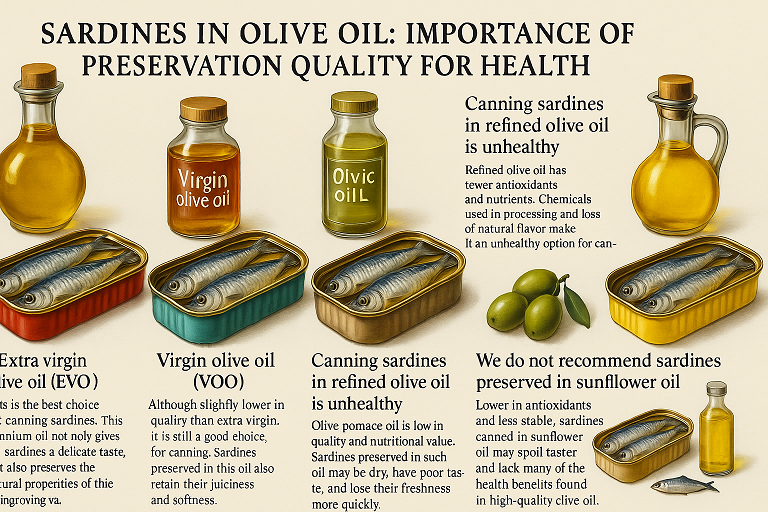
Sardines in olive oil: importance of preservation quality for health
When we choose canned sardines, many of us do not think about the importance of the olive oil in which they are canned. But the truth is that the quality of olive oil directly affects not only the taste of sardines, but also their nutritional value and health benefits. As with olive oil production, so with sardine canning, each choice of olive oil has a significant impact on the final product.
Extra virgin olive oil (EVOO)
This is the best choice for canning sardines. This premium oil not only gives the sardines a delicate taste, but also preserves the natural properties of the fish, improving their nutritional value. Sardines preserved in extra virgin olive oil remain juicy, and this oil protects them from oxidation thanks to its antioxidants. This means a longer real shelf life and preserved quality, making these sardines an excellent choice for those who value not only taste, but also care about their health.
Virgin olive oil (VOO)
Although slightly lower in quality than extra virgin, it is still a good choice for canning. Sardines preserved in this oil also retain their juiciness and softness, but the taste may be a little milder and the aroma less pronounced. This is a good compromise for those who want a quality product at a slightly lower price.
Canning sardines in refined olive oil is unhealthy
Canning sardines in refined olive oil is not a healthy choice. Refined olive oil is oil that has been processed to remove impurities that would make the oil or its product unmarketable, but this process also removes many of the natural antioxidants that are important for health. The lack of these antioxidants means that the oil cannot fight free radicals in the body as effectively, which can have negative health effects. In addition, chemicals used during refining can leave residues in the oil that, although small, can pose a health risk during long-term use.
Refined olive oil also loses much of its nutritional value, including important vitamins and healthy fats that are essential for the body. Therefore, sardines preserved in such oil become less nutritious and may lose their natural taste. This oil has a neutralized taste and smell, so the sardines can be less tasty and have a drier texture.
Olive pomace oil
Olive pomace oil is the lowest quality olive oil obtained from olive pomace and is the least recommended option for canning or consuming such products. Sardines preserved in this oil are usually a cheap product, but they lose most of their flavor and nutritional properties. The use of such oil can lead to dryness, poor taste and low nutritional value of sardines. In addition, this oil does not contain natural antioxidants, so sardines lose their freshness faster.
In conclusion, the preservation quality of sardines depends very much on the olive oil chosen. When choosing canned sardines, it is necessary to pay attention to the type of oil that was used by the manufacturer. Extra virgin olive oil is the best choice due to its high quality and health benefits. Meanwhile, refined olive oil, while more economical, is not a healthy option due to lost antioxidants, reduced nutritional value, and possible residual toxins.

We do not recommend sardines preserved in sunflower oil.
When sardines are preserved in sunflower oil, several important aspects of quality and health arise, which are worth considering. Sunflower oil is often used for its neutral taste and lower cost, but it is not as beneficial for health as high-quality olive oil, especially extra virgin olive oil (EVOO).
Sunflower oil is rich in vitamin E, which acts as an antioxidant, and omega-6 fatty acids, which are essential for the body, but only when balanced with omega-3 fatty acids. This oil can be a good choice for those looking for sardines with a neutral taste, as sunflower oil does not affect the natural taste of the fish.
Negative aspects
However, the high concentration of omega-6 fatty acids can have an undesirable effect on health, especially if consumed in excessive amounts and not balanced with omega-3 fatty acids. Excessive omega-6 intake can promote inflammatory processes in the body, which may not be favorable for maintaining optimal nutrition and good health.
In addition, sunflower oil is less stable in terms of oxidation compared to olive oil. This means that sardines preserved in sunflower oil may have a shorter shelf life. Meanwhile, the natural antioxidants present in olive oil, such as polyphenols, not only protect sardines from oxidation but also have additional positive effects on health by fighting free radicals in the body.
In summary, fish preservation in sunflower oil:
Although sardines in sunflower oil may be a more economical choice, they lose many of the nutritional benefits that can be obtained from sardines preserved in high-quality olive oil. Therefore, it is worth considering opting for sardines in olive oil if health and quality are prioritized
In the production of Portuguese sardines, only the highest quality olive oils are exclusively used, including products in extra virgin olive oil.


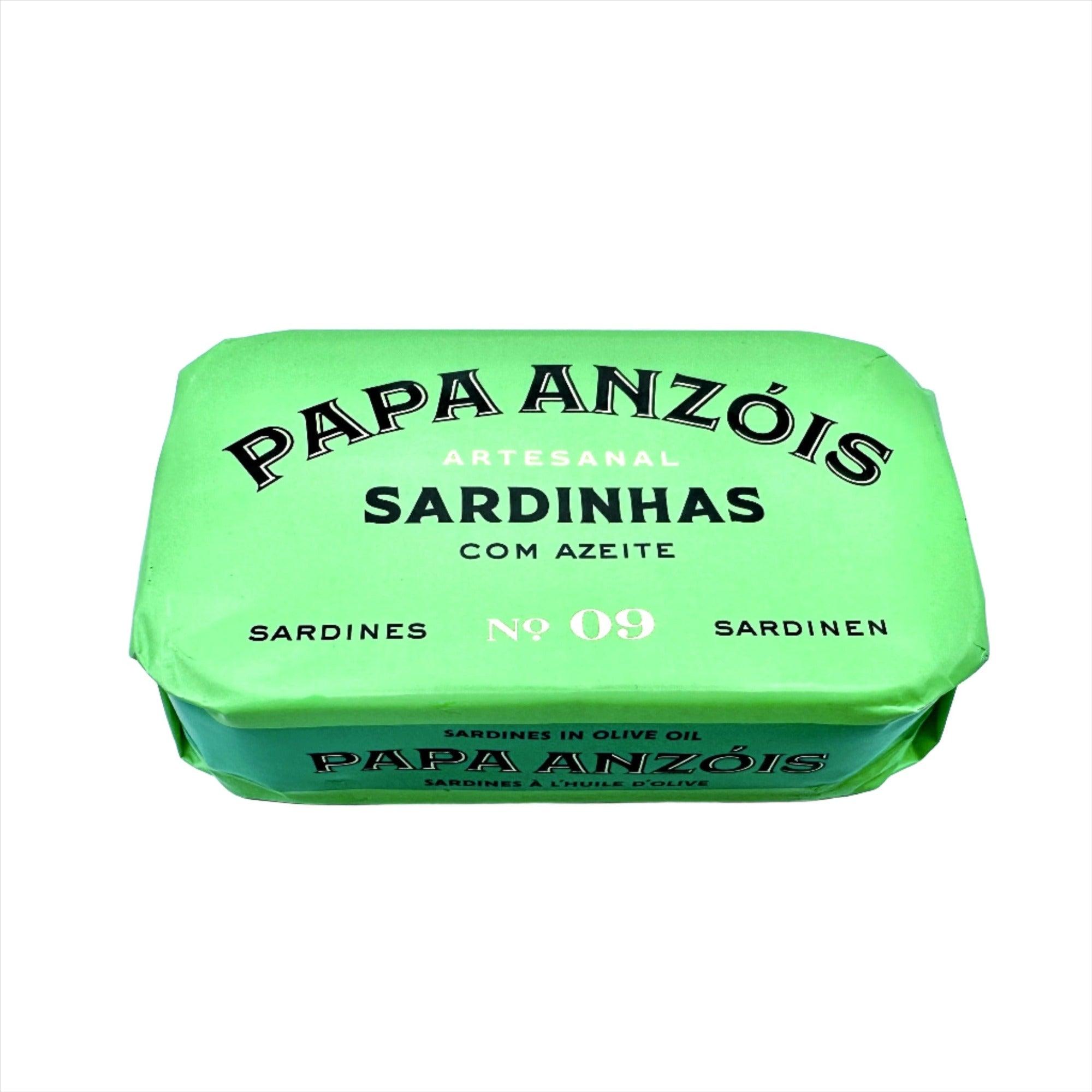
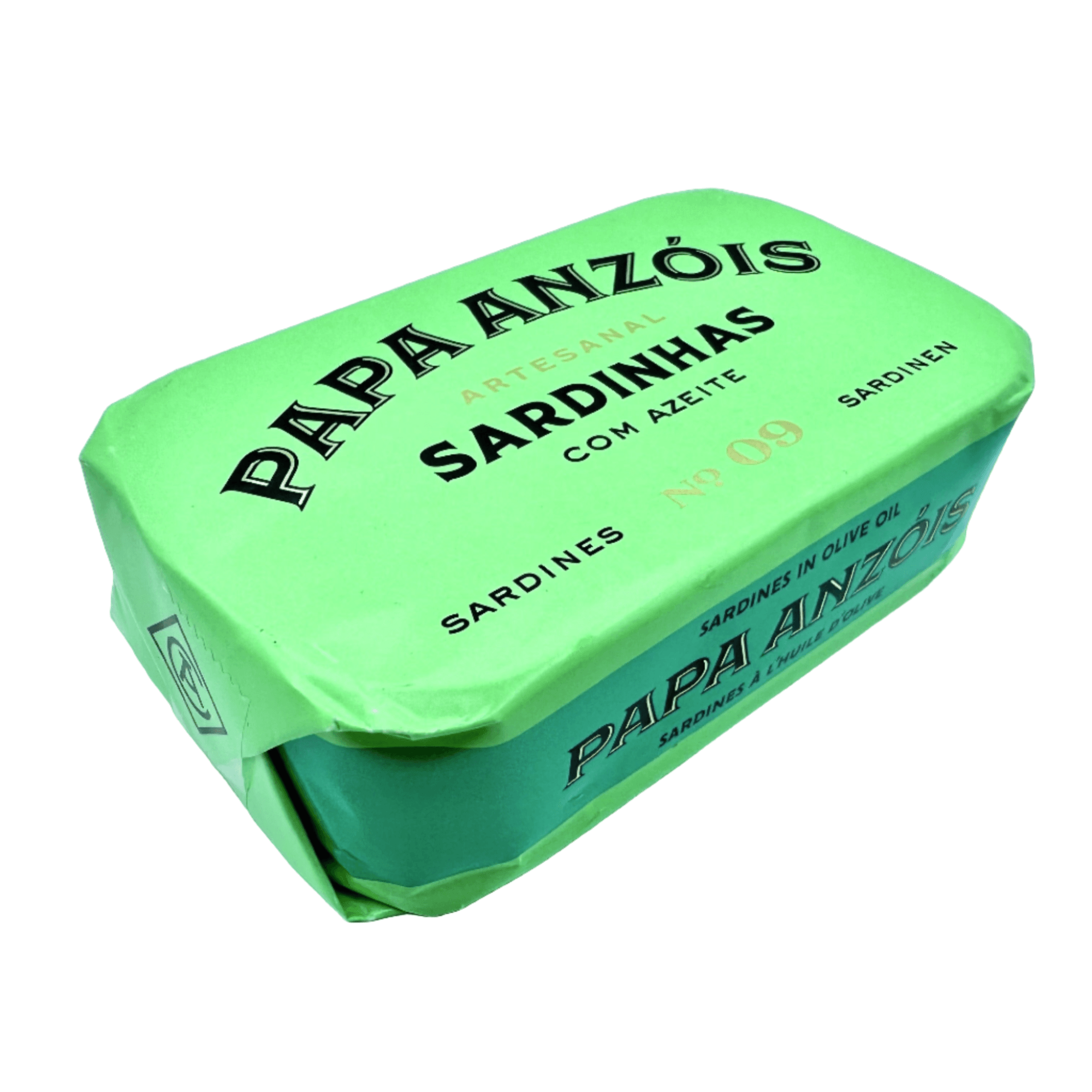
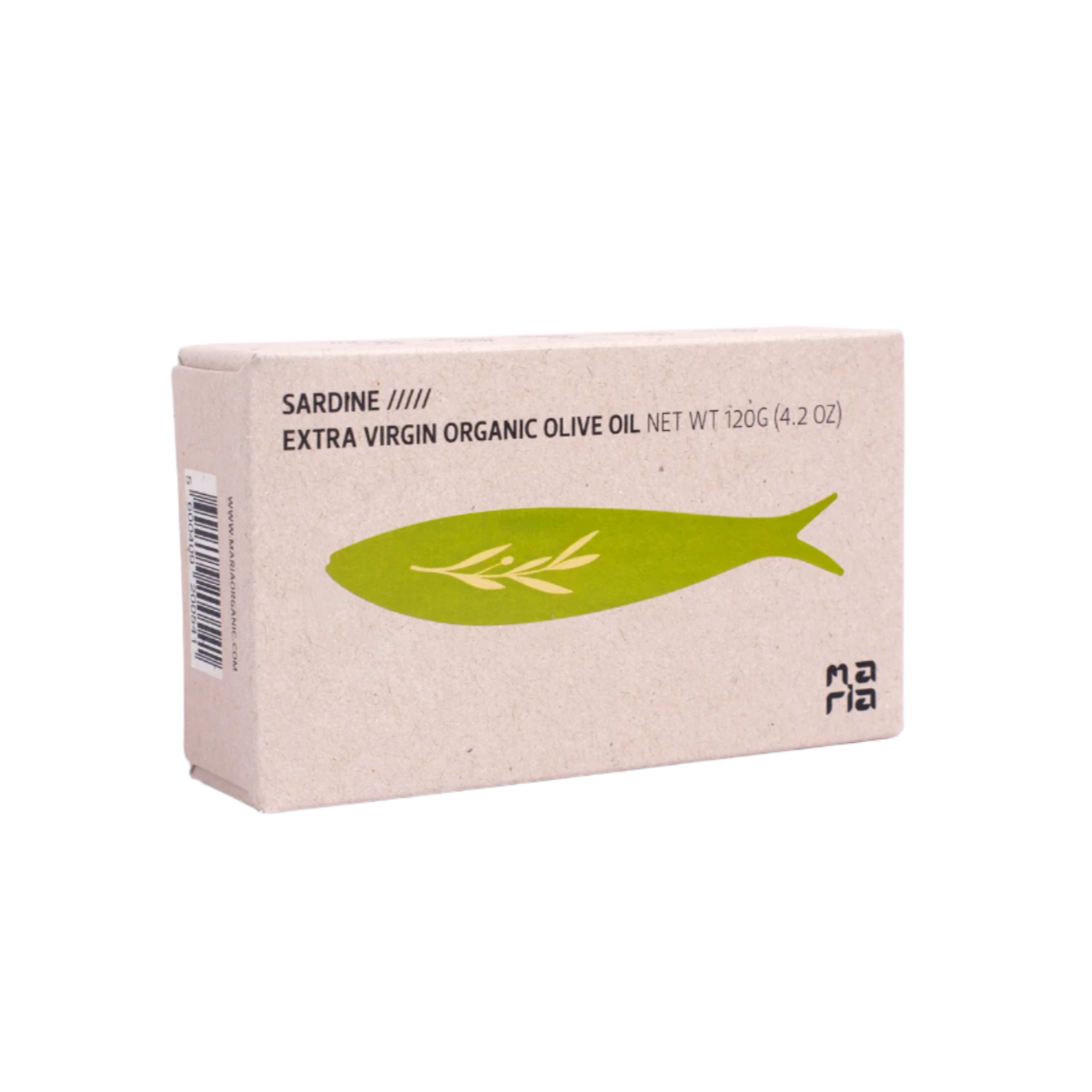
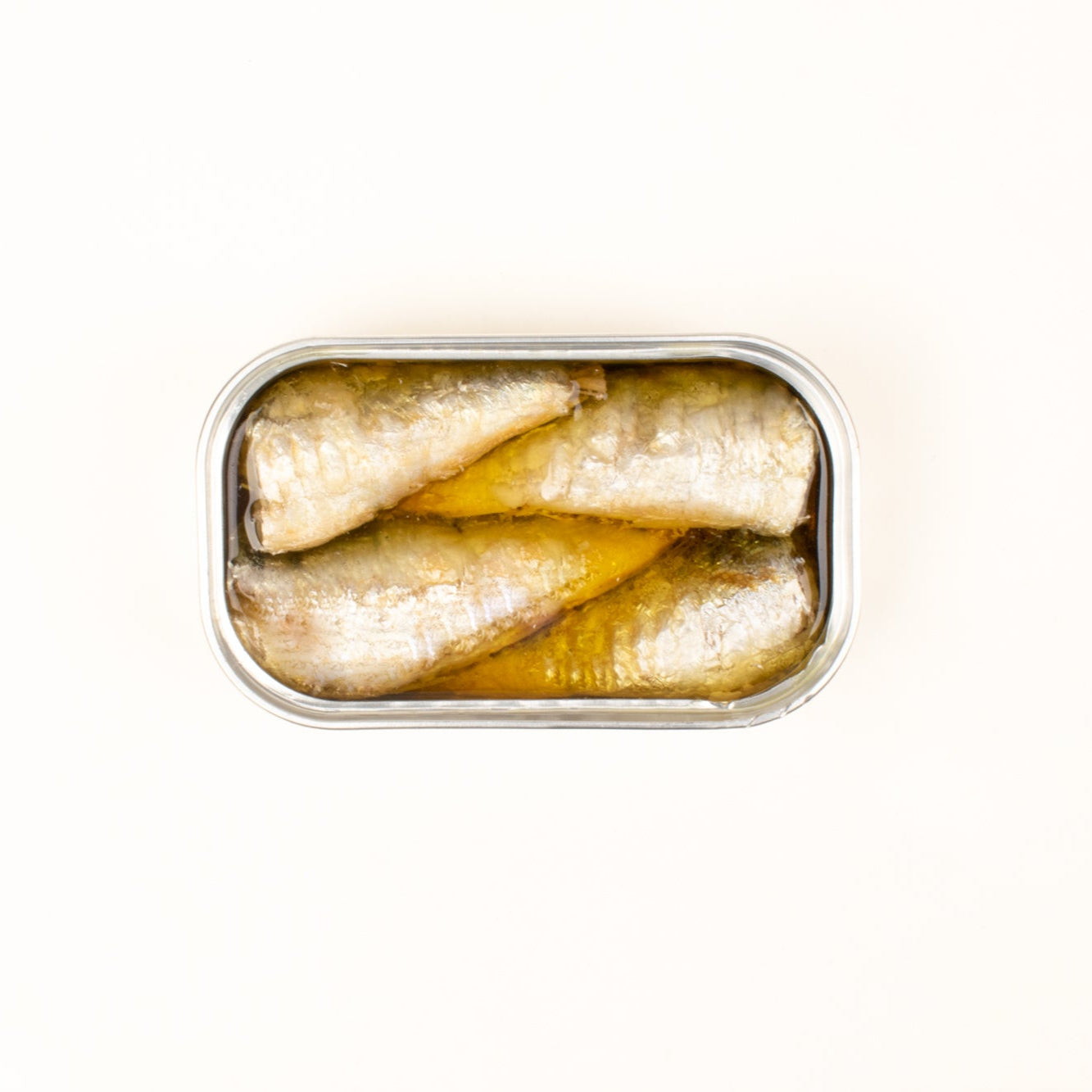
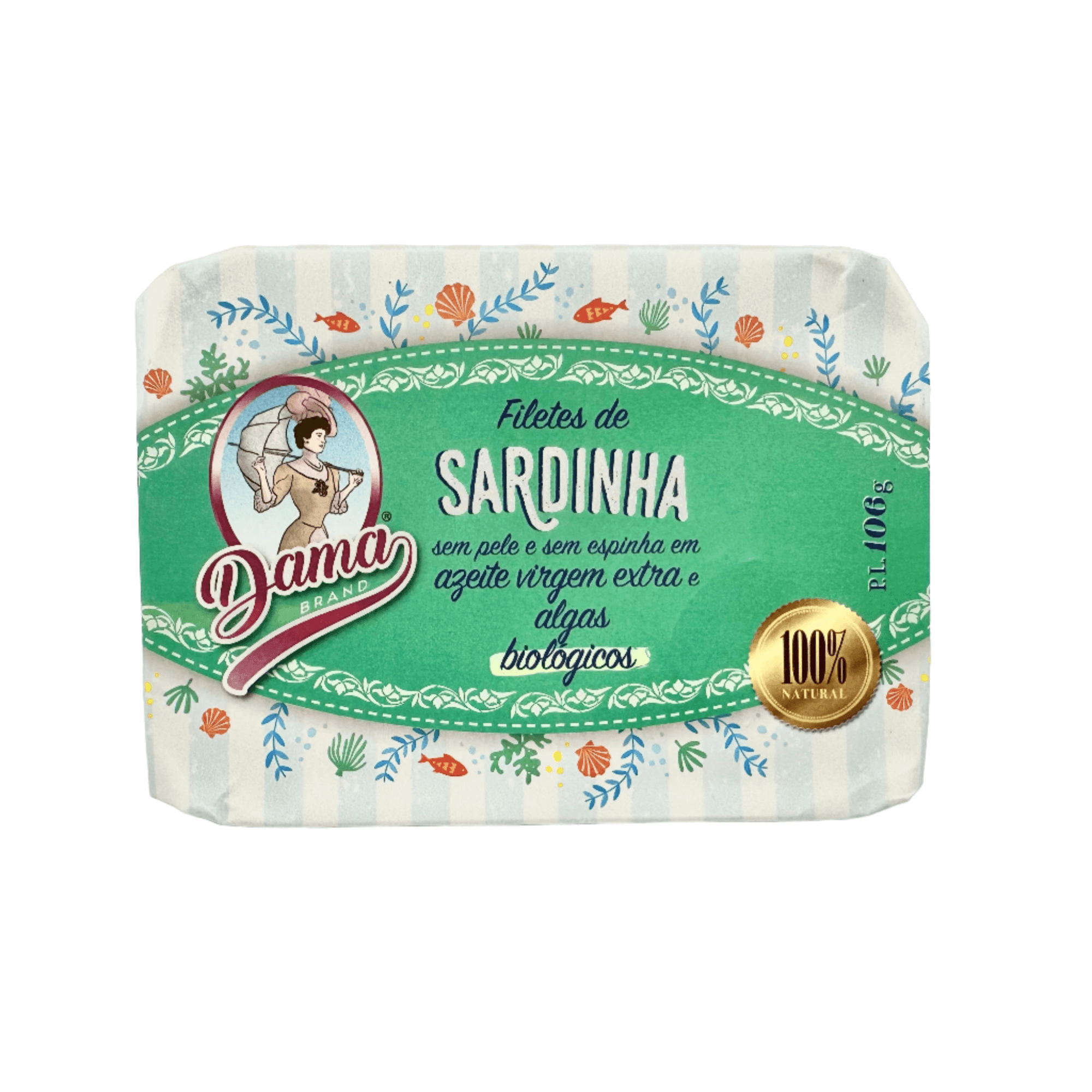
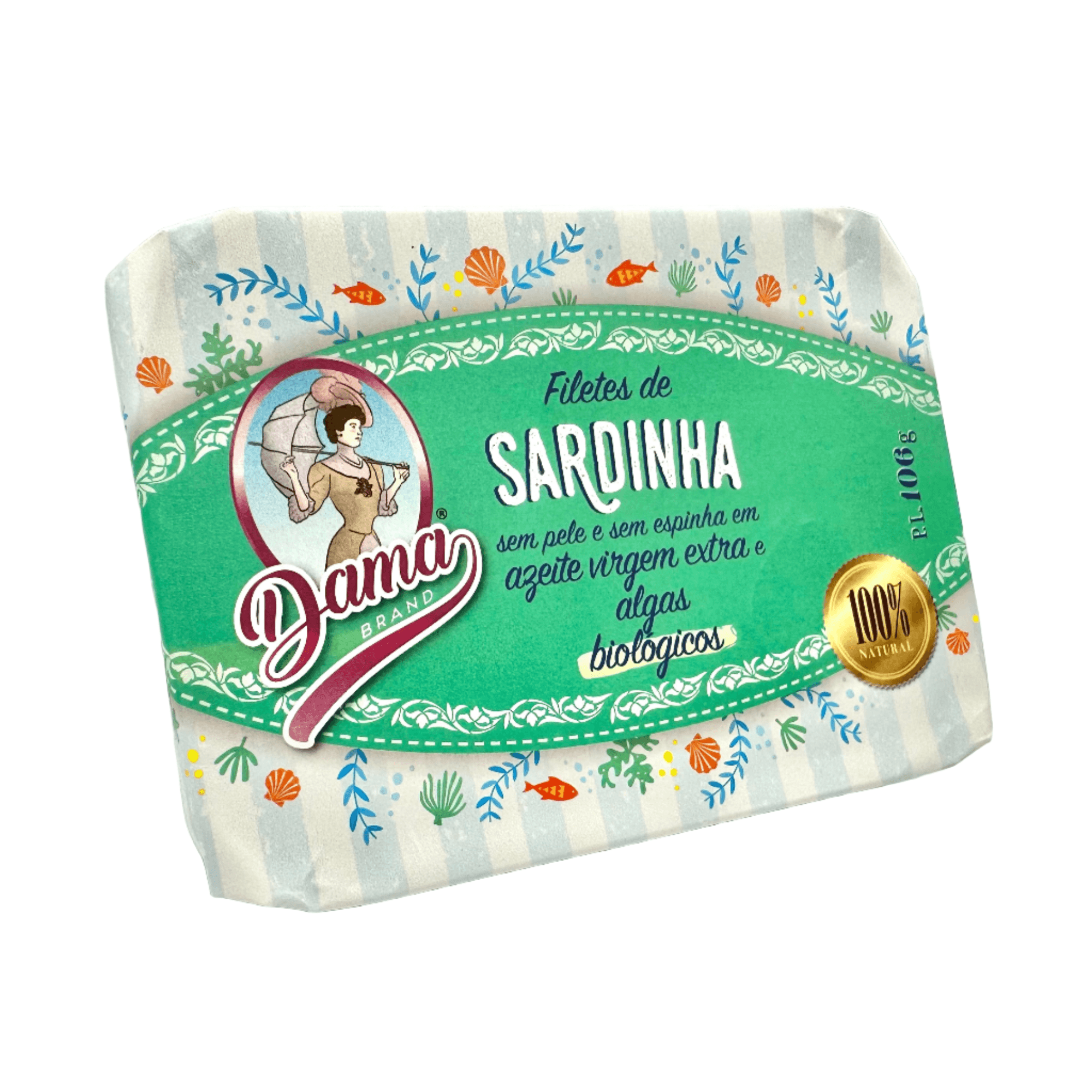
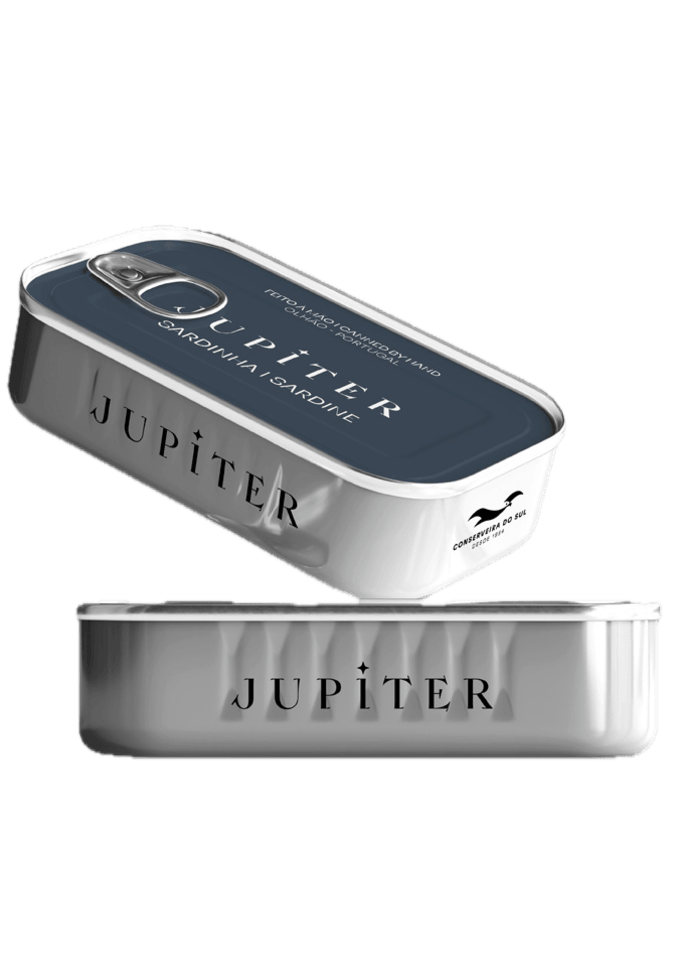
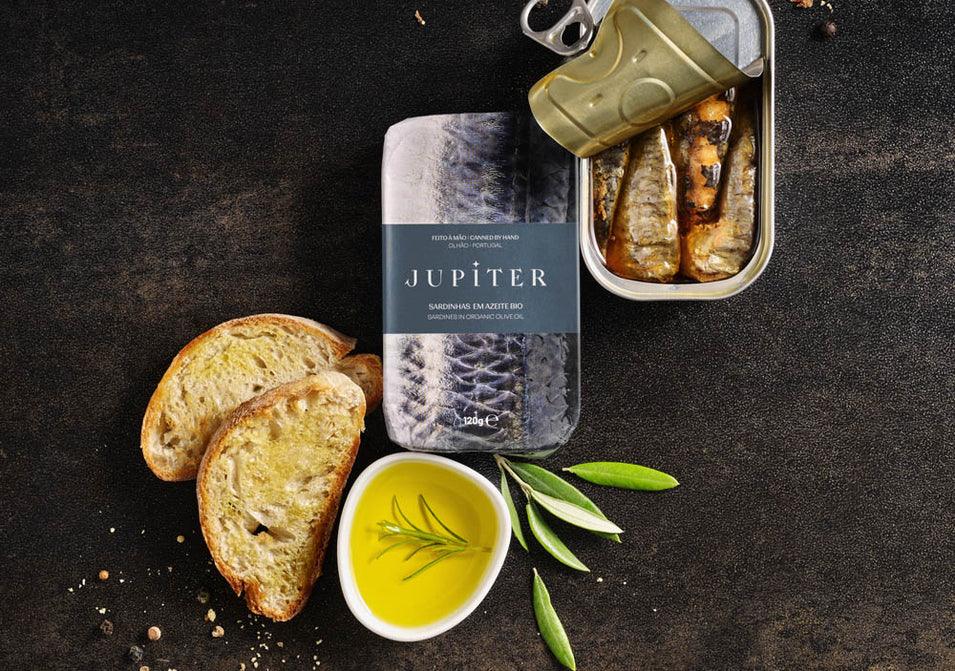
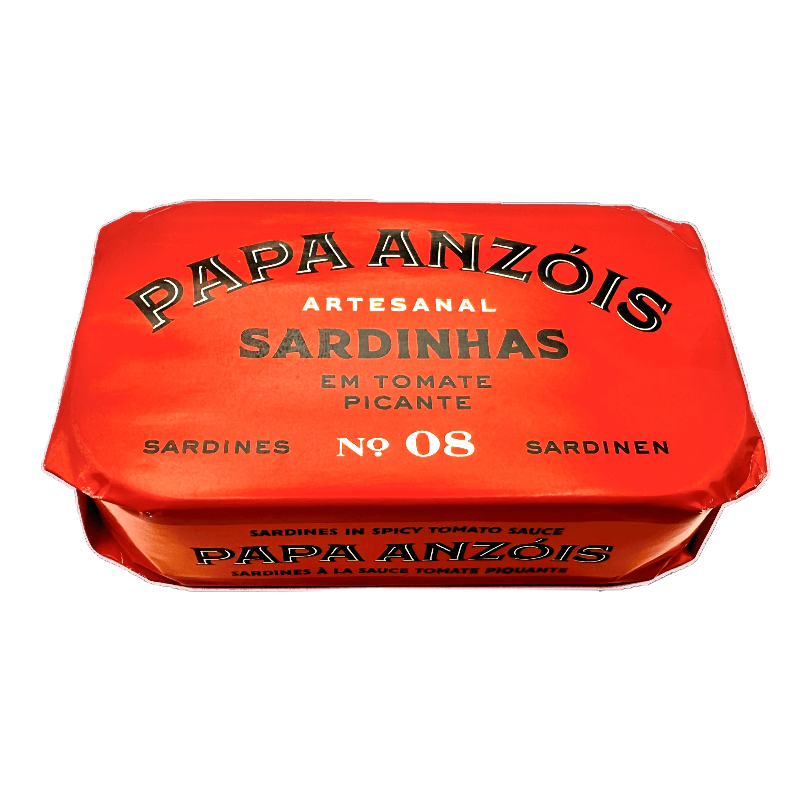
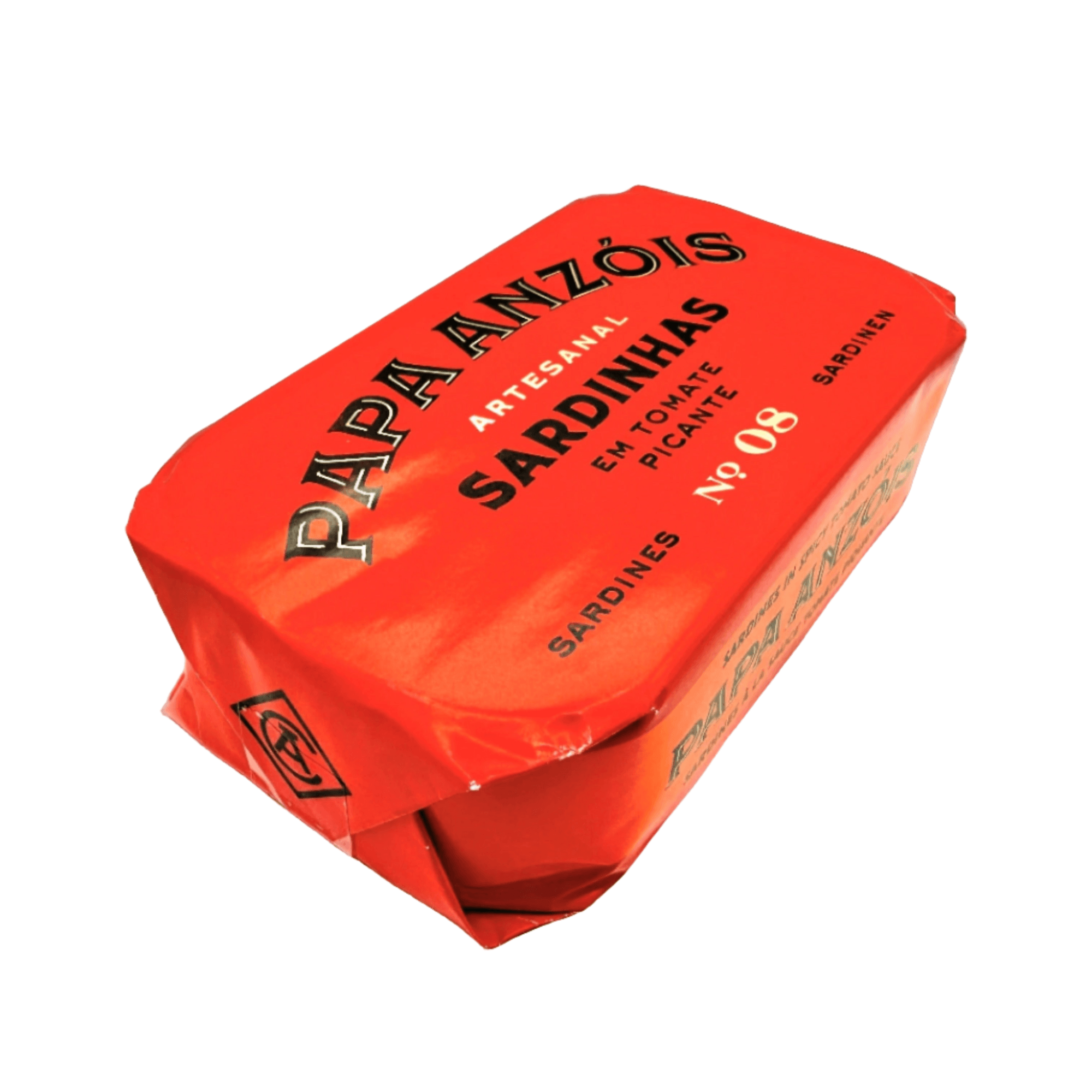
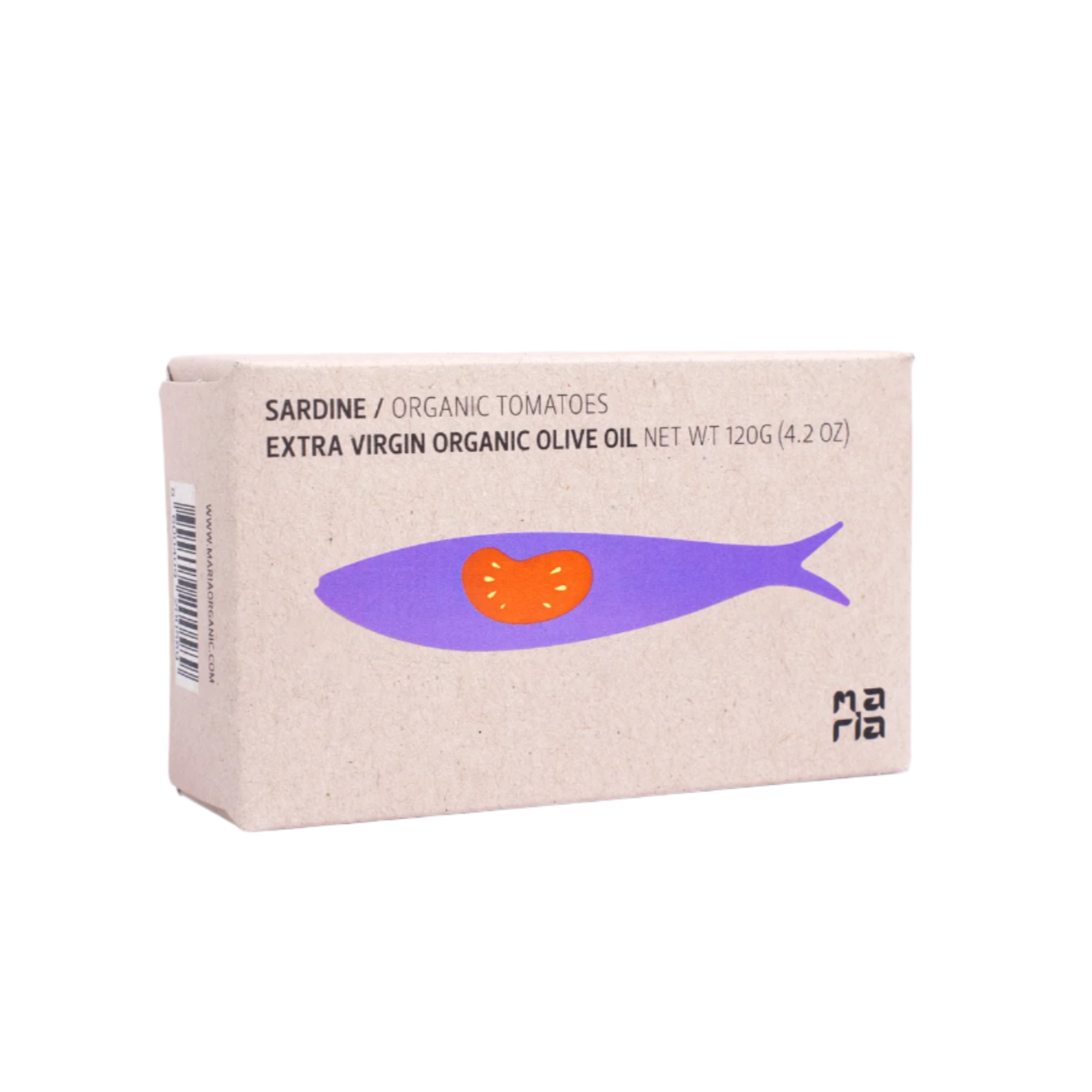
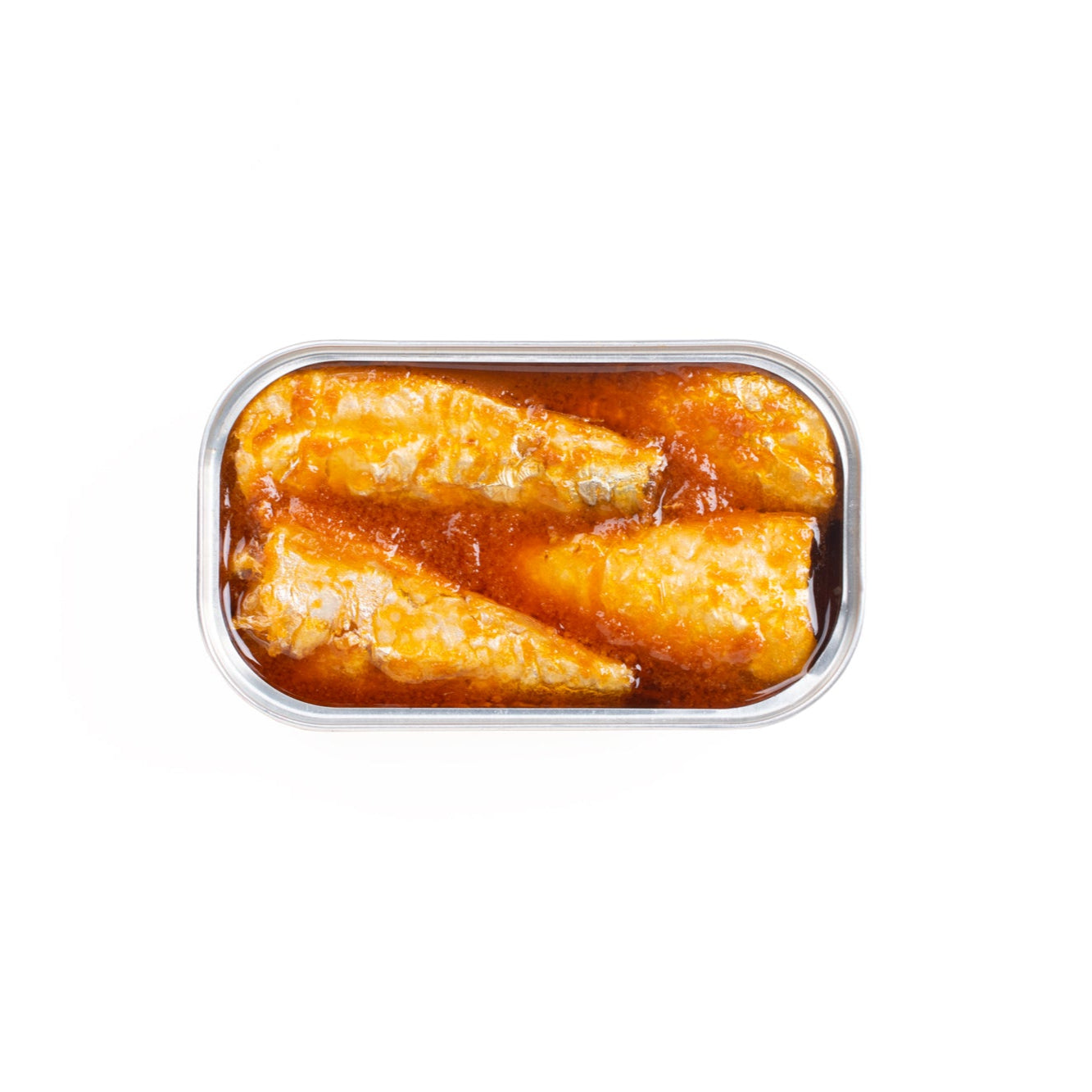
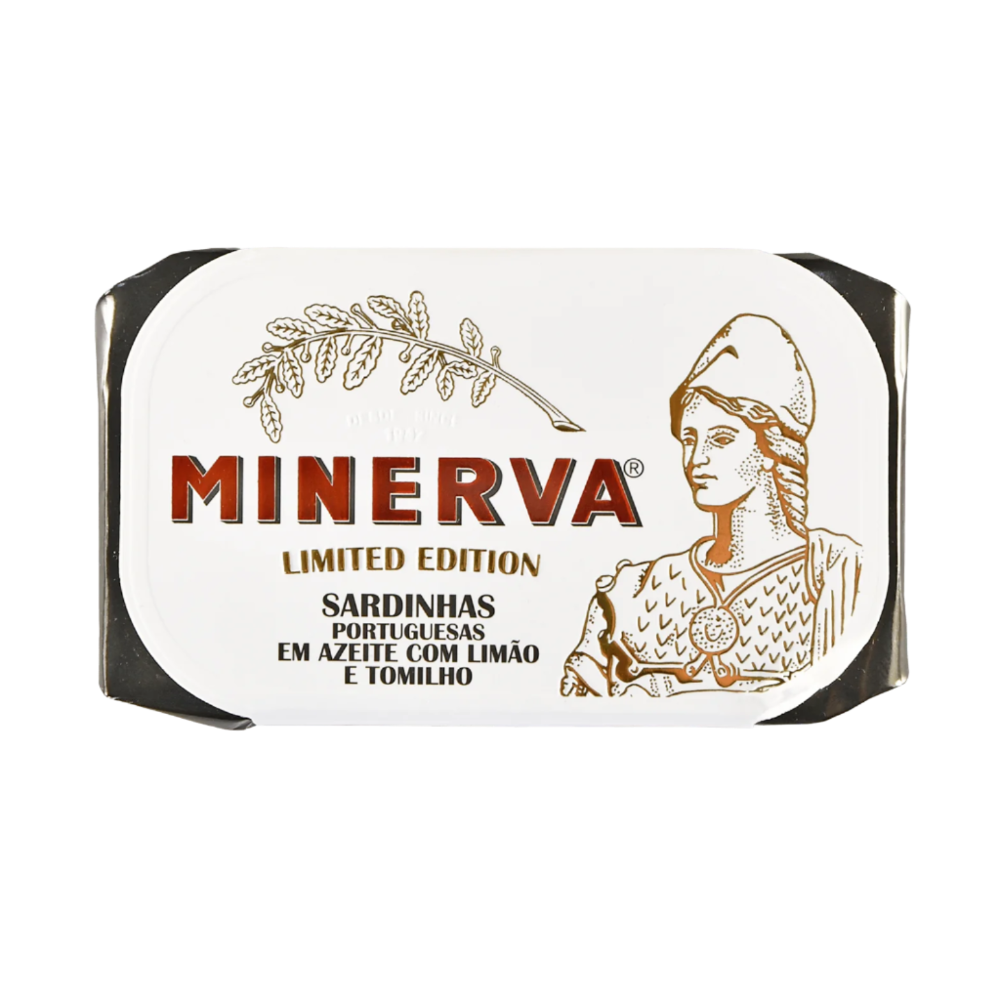
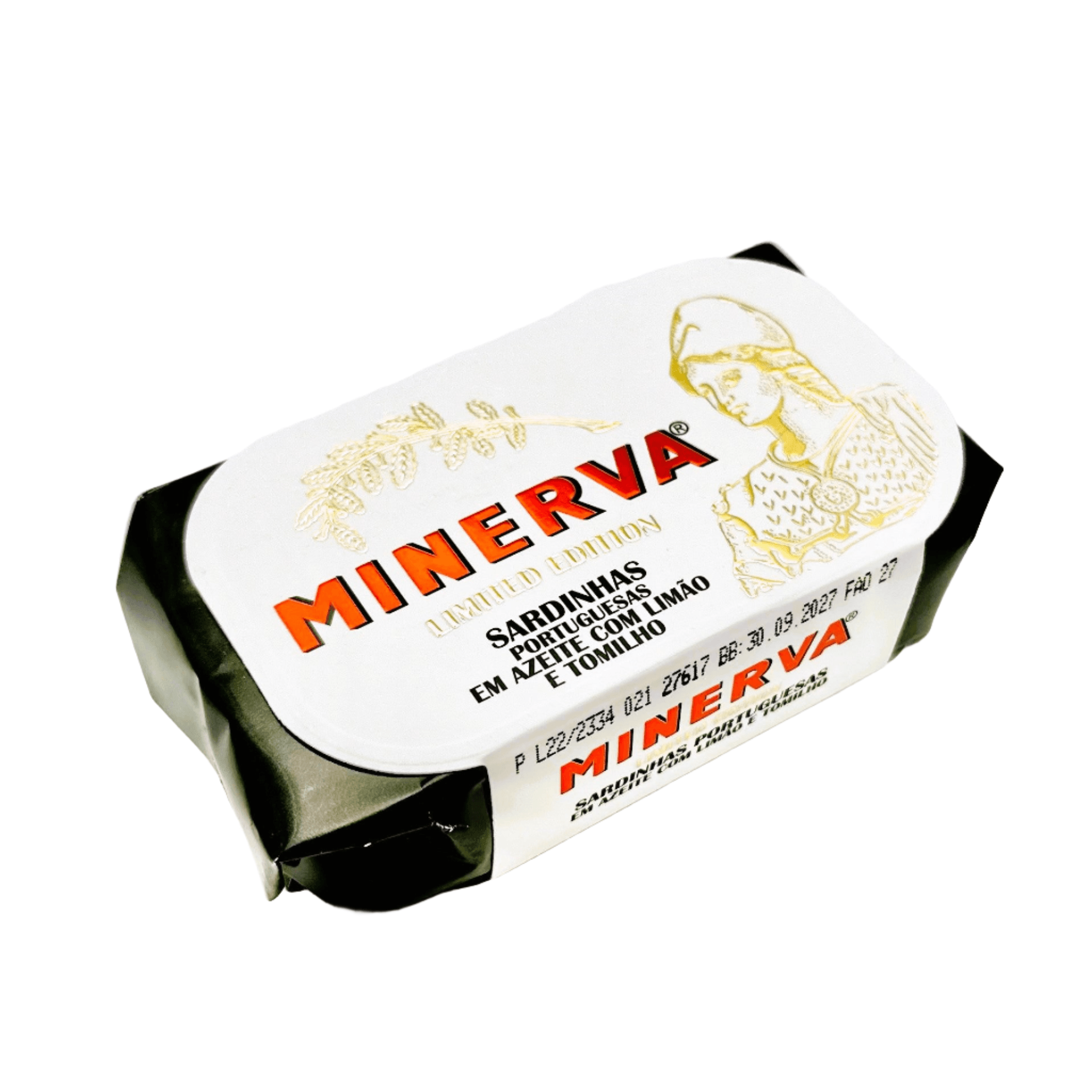
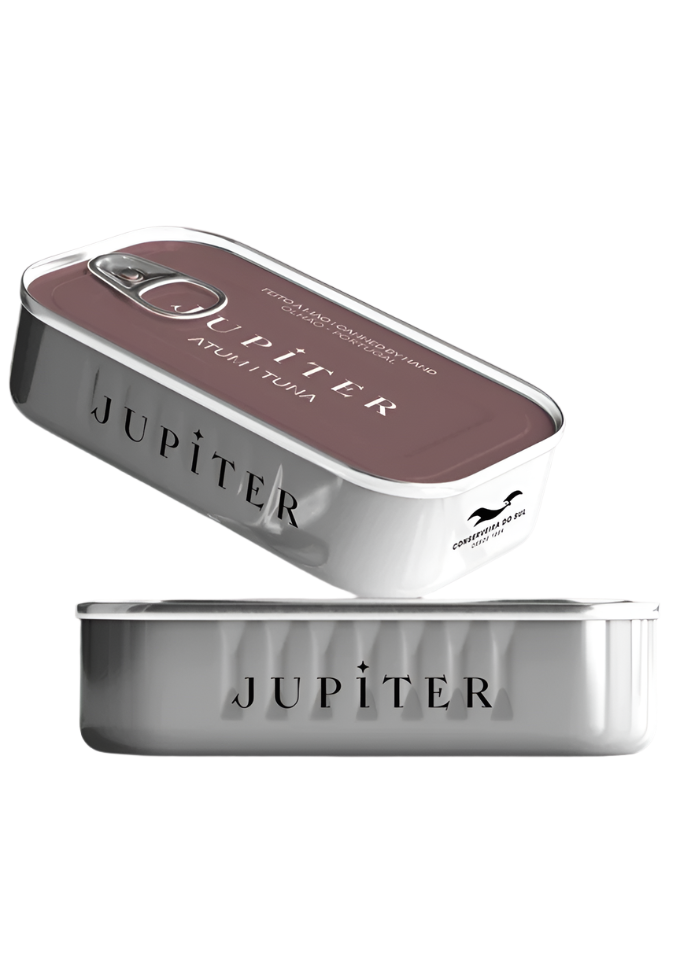
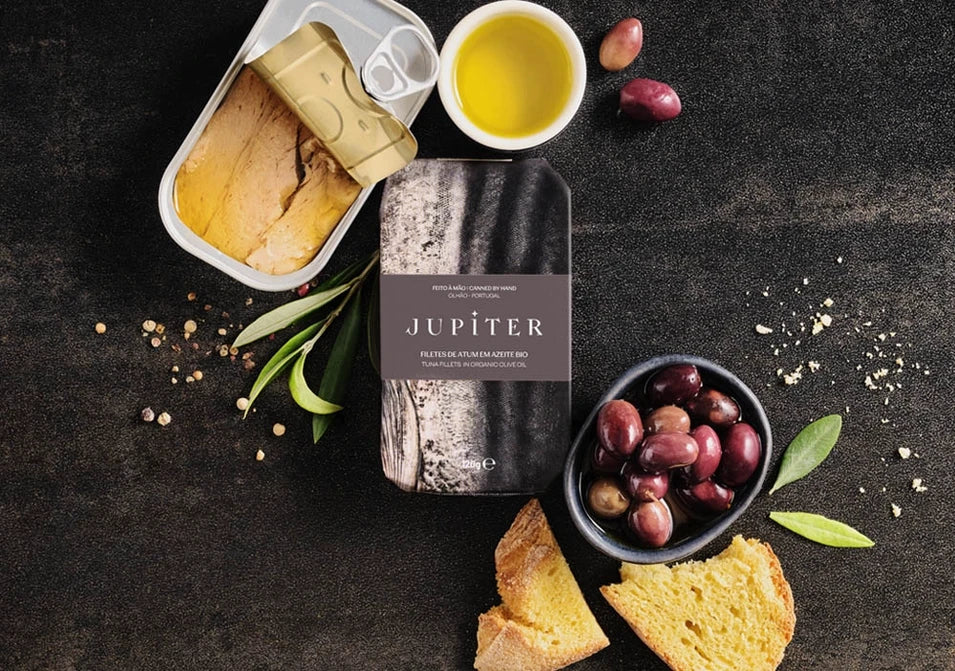
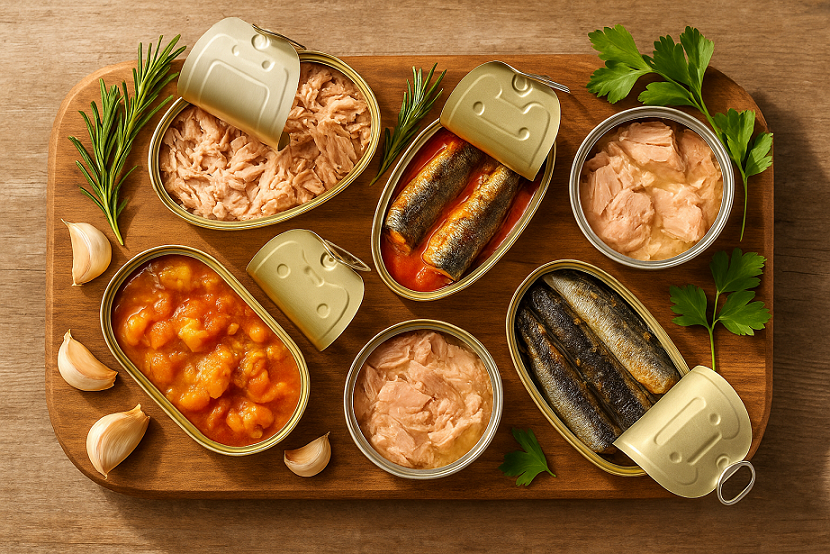
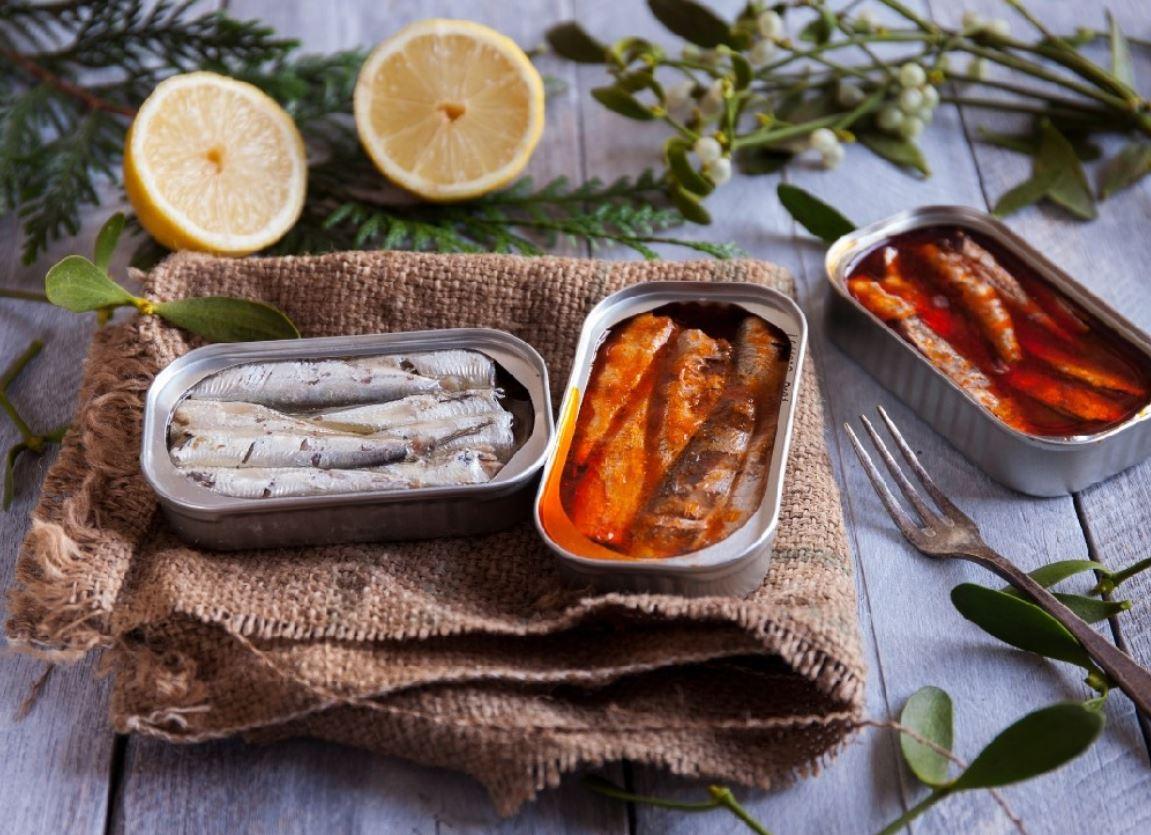
Leave a comment
This site is protected by hCaptcha and the hCaptcha Privacy Policy and Terms of Service apply.